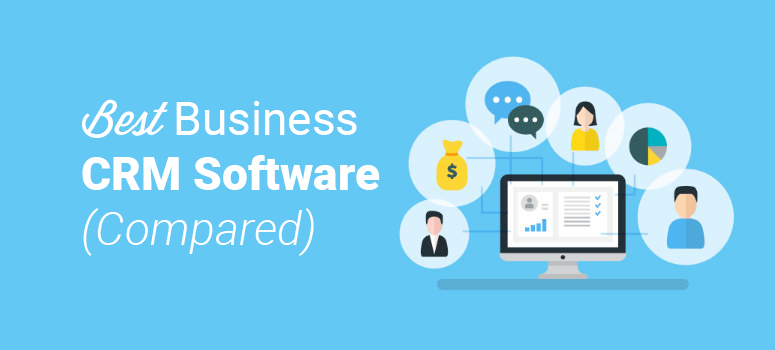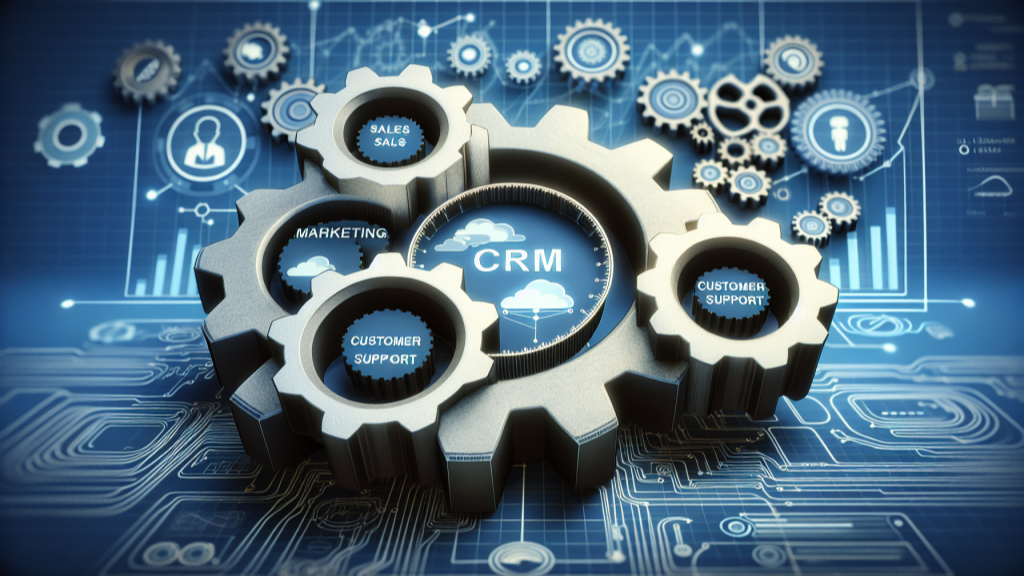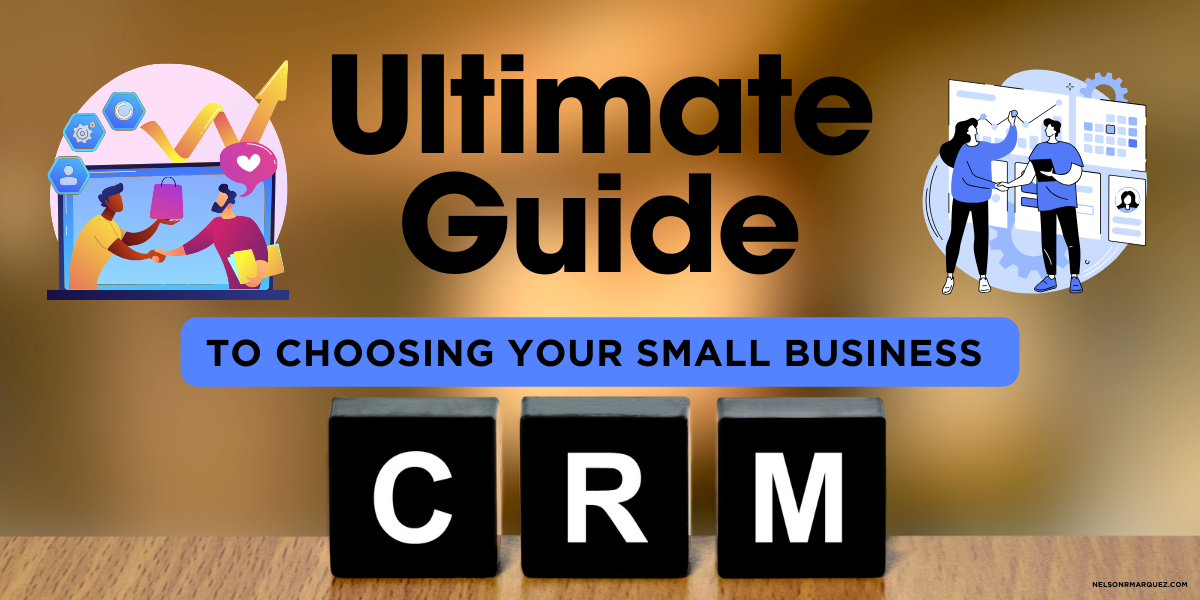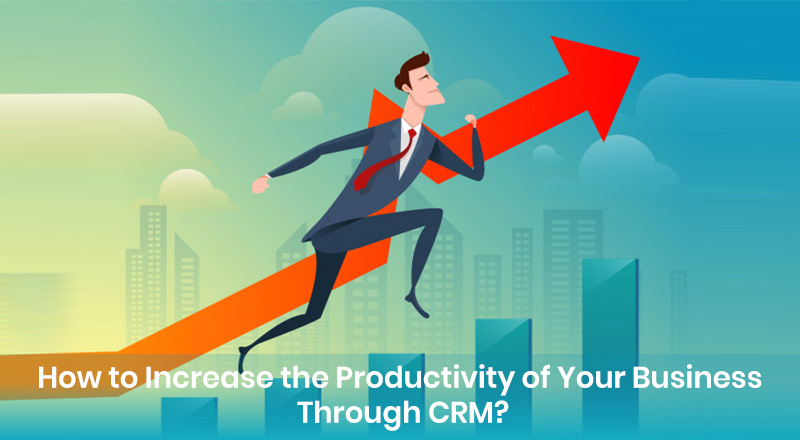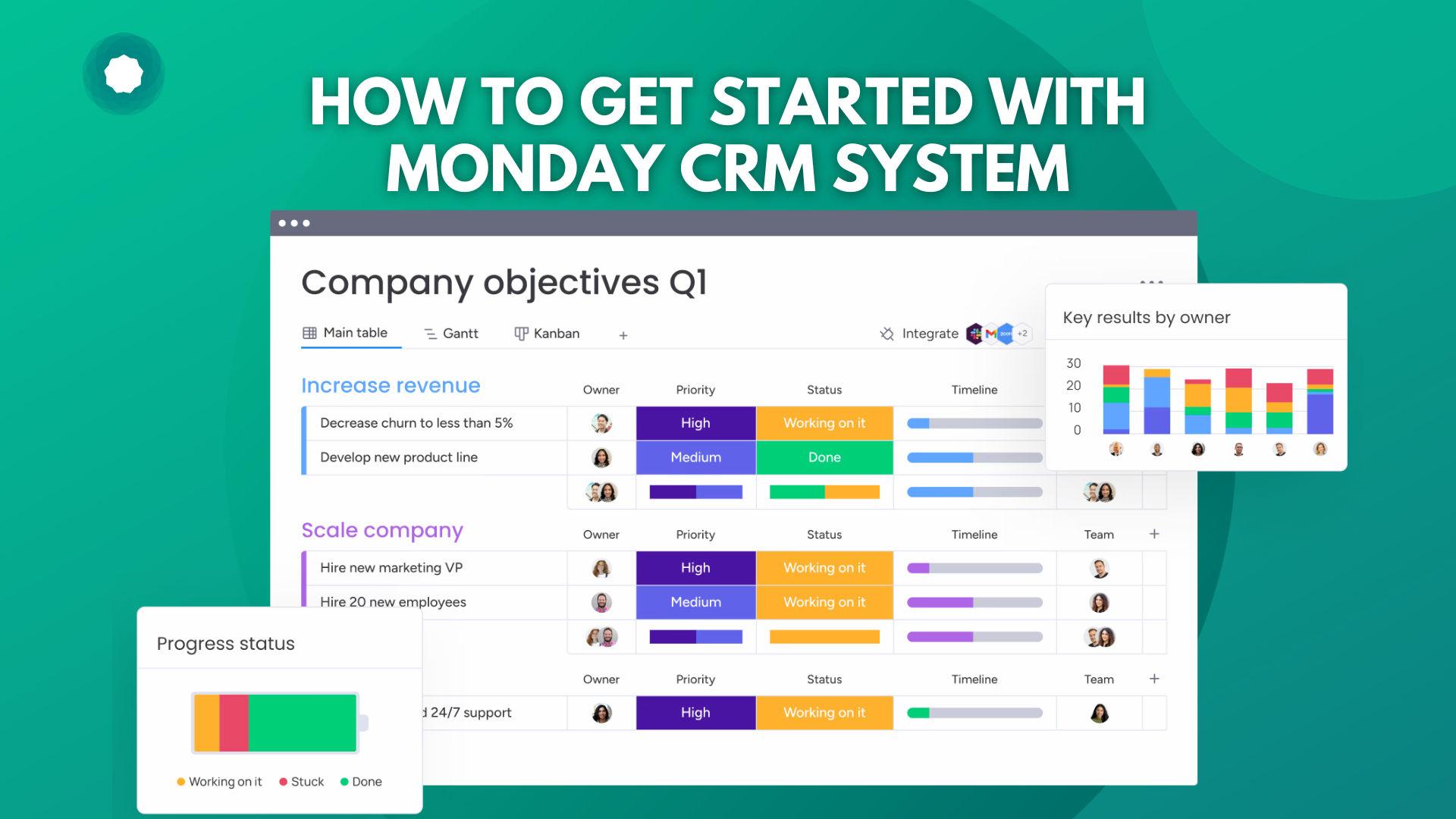CRM for Small Business Security: Protecting Your Data and Your Future
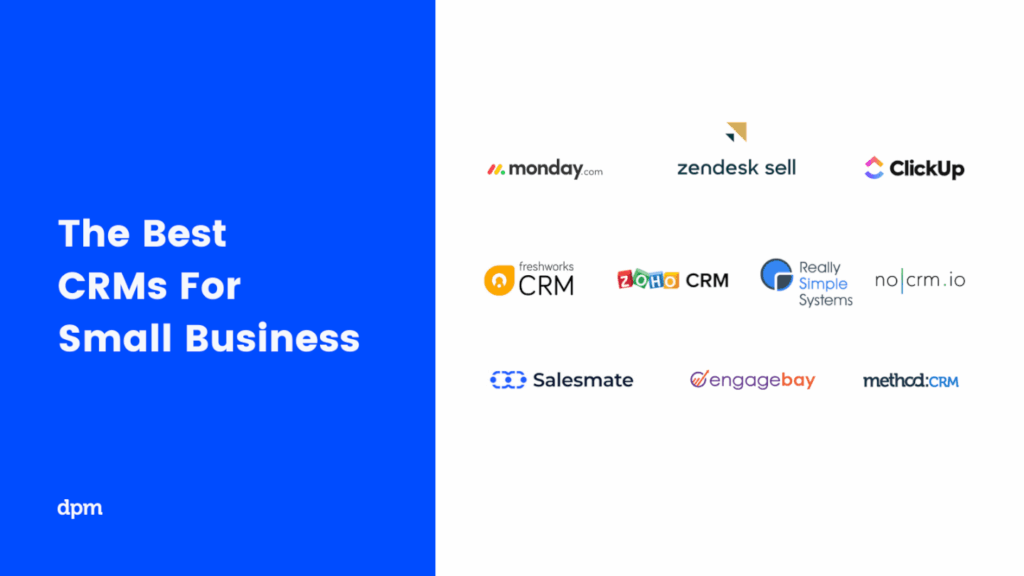
CRM for Small Business Security: Protecting Your Data and Your Future
In today’s digital landscape, data breaches and cyber threats are no longer just concerns for large corporations. Small businesses, too, are increasingly vulnerable, making robust security measures a necessity, not a luxury. At the heart of many small business operations lies a Customer Relationship Management (CRM) system. This powerful tool helps manage customer interactions, track sales, and streamline marketing efforts. However, its central role also makes it a prime target for cyberattacks. This comprehensive guide explores the critical aspects of CRM security for small businesses, offering practical advice, best practices, and insights to safeguard your valuable data and ensure the longevity of your business.
Understanding the Importance of CRM Security
A CRM system holds a treasure trove of sensitive information: customer names, contact details, purchase history, financial data, and more. This data is invaluable for business operations, but it’s also a goldmine for cybercriminals. A breach can lead to significant financial losses, reputational damage, legal repercussions, and loss of customer trust. Ignoring CRM security is like leaving your front door unlocked in a high-crime neighborhood. It’s a gamble you can’t afford to take.
The consequences of a CRM security breach can be far-reaching:
- Financial Loss: Cyberattacks can lead to direct financial losses through ransom demands, fraud, and recovery costs.
- Reputational Damage: A data breach can severely damage your business’s reputation, making it difficult to attract and retain customers.
- Legal and Regulatory Penalties: Depending on the nature of the data compromised, your business may face hefty fines and legal actions.
- Operational Disruption: A security incident can disrupt your business operations, leading to lost productivity and revenue.
- Loss of Customer Trust: Customers are less likely to trust a business that has experienced a data breach, leading to churn and decreased sales.
Investing in CRM security is not merely an expense; it’s a strategic investment in your business’s survival and future success. It’s about protecting your most valuable asset: your customers’ data and your company’s reputation.
Key Security Threats to CRM Systems
Understanding the specific threats your CRM system faces is the first step in building a strong defense. Small businesses are often targeted because they may lack the resources and expertise to implement robust security measures, making them easier targets than larger organizations. Here are some of the most common threats:
1. Phishing Attacks
Phishing is a form of social engineering where attackers use deceptive emails, messages, or websites to trick users into revealing sensitive information, such as login credentials. CRM users are often targeted with phishing attacks designed to steal their usernames and passwords, giving attackers access to the CRM system. These attacks are often cleverly disguised as legitimate communications from trusted sources, such as colleagues, vendors, or even the CRM provider itself.
2. Malware and Ransomware
Malware (malicious software) and ransomware are increasingly prevalent threats. Attackers can use malware to steal data, install backdoors, or disrupt system operations. Ransomware encrypts a victim’s data and demands a ransom for its release. A successful ransomware attack can cripple a business, making it impossible to access critical customer data and causing significant downtime.
3. Weak Passwords and Poor Password Management
Weak passwords are a major vulnerability. If users choose easily guessable passwords or reuse the same password across multiple accounts, attackers can easily gain access to the CRM system. Poor password management practices, such as writing down passwords or storing them in unsecured locations, further increase the risk. This is a very common and easily preventable vulnerability.
4. Insider Threats
Insider threats come from within the organization, whether intentional or unintentional. A disgruntled employee, a careless employee, or even a compromised employee account can pose a significant risk. Insider threats can involve data theft, unauthorized access, or the deliberate sabotage of the CRM system. Regular security audits and employee training are critical in mitigating this risk.
5. SQL Injection Attacks
SQL injection attacks exploit vulnerabilities in the CRM system’s code to inject malicious SQL code into the database. This can allow attackers to access, modify, or delete sensitive data. These attacks are particularly dangerous because they can give attackers complete control over the CRM database.
6. Data Breaches through Third-Party Integrations
Many CRM systems integrate with other applications and services, such as marketing automation platforms, email marketing tools, and social media platforms. These integrations can create vulnerabilities if the third-party applications have security weaknesses. Attackers can exploit these weaknesses to gain access to your CRM data through the integrated applications.
7. Lack of Software Updates
Software vendors regularly release security updates to patch vulnerabilities. Failing to install these updates leaves your CRM system exposed to known exploits. Keeping your CRM software and all related applications up-to-date is crucial to protecting against known security threats.
Essential Security Measures for Your CRM System
Implementing a layered security approach is the best way to protect your CRM system. This involves using multiple security measures to create a robust defense against various threats. Here are some of the most important security measures for small businesses:
1. Strong Password Policies and Management
Enforce strong password policies that require users to create complex passwords with a mix of uppercase and lowercase letters, numbers, and symbols. Implement multi-factor authentication (MFA) to add an extra layer of security. MFA requires users to verify their identity using a second factor, such as a code sent to their mobile phone or a biometric scan. Educate your employees on secure password practices, including not sharing passwords, changing them regularly, and avoiding the reuse of passwords across different accounts. Consider using a password manager to securely store and manage passwords.
2. Multi-Factor Authentication (MFA)
MFA is a critical security measure that significantly reduces the risk of unauthorized access. Even if an attacker obtains a user’s password, they will also need to provide a second factor of authentication, such as a code from a mobile app or a security key. Implement MFA across all user accounts, especially those with administrative privileges.
3. Regular Software Updates and Patch Management
Keep your CRM software, operating systems, and all related applications up-to-date with the latest security patches. Regularly check for and install updates as soon as they become available. Establish a patch management process to ensure that updates are applied in a timely and consistent manner. This will help protect against known vulnerabilities.
4. Access Control and User Permissions
Implement strict access control policies that limit user access to only the data and functionality they need to perform their job duties. Use role-based access control (RBAC) to define user roles with specific permissions. Regularly review and update user permissions to ensure they remain appropriate. This limits the damage that can be done if an account is compromised.
5. Data Encryption
Encrypt sensitive data, both in transit and at rest. Encryption transforms data into an unreadable format, protecting it from unauthorized access. Use HTTPS (SSL/TLS) to encrypt data transmitted between users and the CRM system. Encrypt data stored in the CRM database and on backup systems.
6. Data Backups and Disaster Recovery
Regularly back up your CRM data to a secure location. Implement a disaster recovery plan to ensure that you can quickly restore your data and systems in the event of a security breach or other disaster. Test your backup and recovery procedures regularly to ensure they are effective.
7. Security Audits and Vulnerability Assessments
Conduct regular security audits and vulnerability assessments to identify weaknesses in your CRM system and security practices. Use penetration testing to simulate attacks and identify vulnerabilities that attackers could exploit. These assessments should be conducted by qualified security professionals. Address any identified vulnerabilities promptly.
8. Employee Training and Awareness
Educate your employees about security threats, best practices, and the importance of protecting sensitive data. Conduct regular security awareness training to help employees recognize and avoid phishing attacks, malware, and other threats. Provide training on secure password practices, data handling procedures, and incident reporting. This is often the weakest link in security, but the easiest to mitigate.
9. Monitoring and Logging
Implement monitoring and logging to track user activity, detect suspicious behavior, and identify potential security incidents. Monitor user logins, data access, and system changes. Review security logs regularly to identify and investigate any anomalies. Set up alerts to notify you of suspicious activity.
10. CRM Security Features
Leverage the security features offered by your CRM provider. Many CRM systems include built-in security features, such as access controls, encryption, and audit trails. Configure these features to enhance your security posture. Research and select a CRM provider that prioritizes security and has a strong track record of protecting customer data.
11. Incident Response Plan
Develop and implement an incident response plan to handle security breaches and other security incidents. The plan should outline the steps to take in the event of a security incident, including how to contain the incident, investigate the cause, notify affected parties, and recover from the incident. Test your incident response plan regularly to ensure it is effective.
12. Third-Party Risk Management
Assess the security practices of any third-party vendors or service providers that have access to your CRM data. Ensure that these vendors have adequate security measures in place to protect your data. Include security requirements in your contracts with third-party vendors. Regularly review the security practices of your third-party vendors.
Choosing a Secure CRM Provider
Selecting a CRM provider that prioritizes security is crucial. When evaluating potential CRM providers, consider the following factors:
- Security Certifications: Look for providers that have industry-recognized security certifications, such as ISO 27001, SOC 2, and GDPR compliance.
- Data Encryption: Ensure the provider encrypts data both in transit and at rest.
- Access Controls: Verify that the provider offers robust access control features, such as role-based access control and multi-factor authentication.
- Data Backup and Recovery: Confirm that the provider has a comprehensive data backup and recovery plan.
- Security Features: Evaluate the security features offered by the provider, such as audit trails, intrusion detection, and vulnerability scanning.
- Security Track Record: Research the provider’s security track record and any past security incidents.
- Customer Support: Assess the provider’s customer support for security-related issues.
Do your homework. Don’t be afraid to ask detailed questions about their security practices.
Best Practices for CRM Security
Implementing the following best practices can significantly improve your CRM security posture:
- Regularly Update Your CRM Software: Keep your CRM software up-to-date with the latest security patches.
- Enforce Strong Password Policies: Require users to create strong, unique passwords and use MFA.
- Limit User Access: Grant users only the minimum access necessary to perform their job duties.
- Monitor User Activity: Monitor user logins, data access, and system changes.
- Conduct Regular Security Audits: Conduct regular security audits and vulnerability assessments.
- Back Up Your Data Regularly: Back up your CRM data to a secure location.
- Educate Your Employees: Provide regular security awareness training to your employees.
- Develop an Incident Response Plan: Have a plan in place to handle security breaches.
- Review Third-Party Integrations: Regularly review the security of any third-party integrations.
- Stay Informed: Stay up-to-date on the latest security threats and best practices.
Compliance and Regulations
Depending on your industry and the type of data you collect, you may be subject to various compliance regulations, such as:
- GDPR (General Data Protection Regulation): If you collect personal data from individuals in the European Union, you must comply with GDPR.
- CCPA (California Consumer Privacy Act): If you do business in California and collect personal data from California residents, you must comply with CCPA.
- HIPAA (Health Insurance Portability and Accountability Act): If you handle protected health information (PHI), you must comply with HIPAA.
- PCI DSS (Payment Card Industry Data Security Standard): If you process credit card payments, you must comply with PCI DSS.
Ensure that your CRM security practices comply with all applicable regulations. Seek legal counsel to determine your compliance obligations.
The Future of CRM Security
The threat landscape is constantly evolving, and CRM security is no exception. Staying ahead of the curve requires a proactive approach. Here are some emerging trends in CRM security:
- AI-Powered Security: Artificial intelligence (AI) and machine learning (ML) are being used to detect and respond to security threats in real-time.
- Zero Trust Security: Zero trust security models assume that no user or device is trusted by default and require continuous verification.
- Automation: Automation is being used to streamline security tasks, such as vulnerability scanning and patch management.
- Biometric Authentication: Biometric authentication methods, such as fingerprint scanning and facial recognition, are becoming more prevalent.
- Cybersecurity Insurance: Cybersecurity insurance is becoming increasingly important to mitigate the financial impact of security breaches.
Small businesses should stay informed about these trends and consider incorporating them into their security strategies.
Conclusion: Protecting Your Data is Protecting Your Business
CRM security is not just a technical issue; it’s a business imperative. By implementing robust security measures, educating your employees, and staying informed about the latest threats, you can protect your valuable customer data, safeguard your reputation, and ensure the long-term success of your small business. Prioritize CRM security today, and you’ll be building a more resilient and successful business tomorrow.
In the ever-evolving digital landscape, a proactive approach to CRM security is no longer optional; it’s essential. By taking the steps outlined in this guide, small businesses can fortify their CRM systems, protect their sensitive data, and build a strong foundation for future growth. Remember, a secure CRM is not just about protecting data; it’s about protecting your business and your future.

